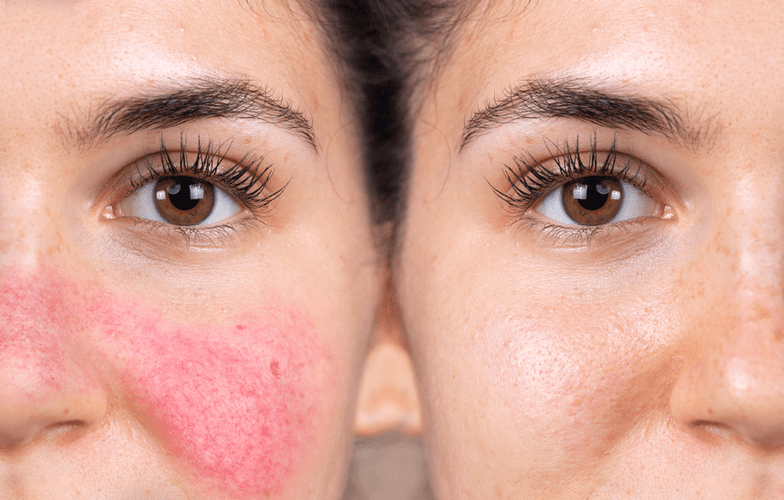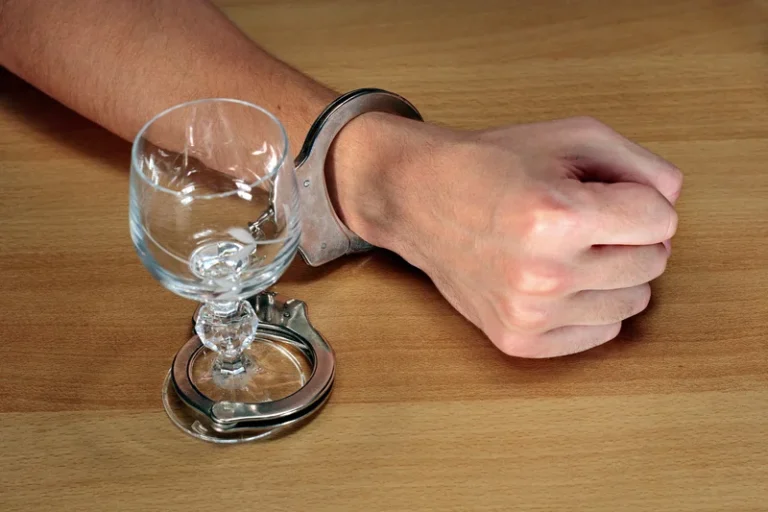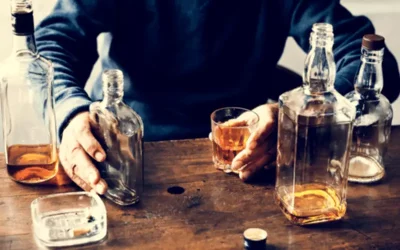Remember, every journey is unique, and what works for one may not work for another. Finding the right combination of treatments and support is crucial in sustaining a sober life. These synonyms help us contextualize sobriety beyond its basic definition. Temperance and abstinence underscore the historical and moral aspects, while soberness adds a layer of seriousness. Self-control and moderation highlight the practical and ongoing efforts involved in maintaining sobriety. This can include toxic relationships in which you feel unheard, misunderstood, unsupported, demeaned, unsafe, and/or attacked.
How to Celebrate Success in Recovery
This was the first major lesson I learned and remains one of the most important. At the end of my drinking days, I was in an incredible amount of pain, and that pain was what ultimately enabled me to change my life. “I objected to liquor, and when my sobriety milestones enslavement was going full bore, alcohol was my closest companion and dearest friend. I had no room in my life for any other individual by any means, and the entirety of my connections was a finished wreck subsequently. My better half left me, my children wouldn’t converse with me, and I had no companions I could converse with.
Understanding the Components of Sobriety
With the right tools and support, you’ll discover that a sober life is not only possible but fulfilling. Sobriety is more than just abstaining from alcohol or drugs; it’s http://onlinemusic.com.ua/ychenye-nazvali-novyu-opasnost-marihyany a journey towards personal freedom and clarity. It’s about rediscovering life without the haze of substances, where every emotion and experience is raw and real.
Sobriety Chips Colors & Meanings

It empowers you to make choices that align with your true self, free from the influences of substances. You’ll find that decision-making becomes clearer and your actions more deliberate. This newfound clarity is one of the first steps in reclaiming your life and steering it in a direction that you choose, not one dictated by addiction. Motivational Interviewing (MI) is another effective technique that reinforces your inner motivation to change. Through this supportive counseling style, you’ll explore the reasons behind your desire for sobriety, which can be incredibly empowering.
- It’s about choosing clarity over chaos, presence over numbness, and growth over stagnation.It represents a dedication to live life to its fullest, seizing every moment with a clear mindset and a heart wide open.
- However, Steve appears to be mindful of his sobriety milestones and the way that he could slide directly once again into fixation if he isn’t cautious.
- Remembering previous times I’ve grown in sobriety following rough patches has helped me through.
- He is also a committee member of the organizations Bonei Olam and Chai Lifeline Mid-Atlantic.
- Since addiction is a chronic relapsing disease, treatment is not always effective and successful immediately.
- Spending more time with supportive loved ones and planning activities for the entire family can also help you develop a healthier lifestyle and avoid situations in which you would normally drink or use drugs.
- “From the start of sobriety milestones, I struggled to stay clean.
What is Alcoholics Anonymous (AA)?
My biggest fears in life include being in large groups of strange people, standing at parties by myself, and really just people in general. Drunk me didn’t have to worry if I was alone at a party because drunk me didn’t abide such things. Drunk me didn’t worry if she belonged, or said the right thing, or had to have small talk because drunk me just handled that. Sobriety refers to the physiological and psychological state of being unaffected by intoxicants. For those in recovery, it is similar to abstinence from substance or alcohol use. By choosing sobriety, you’re investing in a future where health, happiness, and growth are within your reach.
The Definition of Sobriety

Leading up to this milestone during a pandemic, I’ve had opportunities to reflect. I can get into a reflective space as I run, simply considering what happened the other day http://eaward.ru/grecij/b3843/ and what necessities to happen today, and that assists me with remaining quiet for the day. It’s a brilliant machine, and I truly shouldn’t contaminate it with liquor.
- In her role as VP of Communications, she oversees branding, public relations, social media, marketing, events, and content creation.
- Family, friends, 12-step programs, counselors, and sponsors all play a role in recovery.
- Becky additionally has a vigorous sobriety milestones framework set up that assists her with protecting the increases she’s made.
Despite how ubiquitous the colorful tokens are with the organization, they’re actually an unofficial practice. Note, that the colors used to denote certain amounts of time may vary based on the vendor or AA group. If you’re a member of an AA group that does not hand out sobriety chips but would like to be part of the tradition, switching to a different group that uses them is possible. An AA chip’s color refers to the number of months of sobriety a person has been through.
Surround yourself with people who know your joy
To call five years of abstinence from alcohol “long-term sobriety” might be questionable to some, and I’d understand that. I have met many people with years of sobriety, but I don’t use that as a goalpost or define what long-term means regarding sobriety. One day sober is a long time for anyone https://oval.ru/ars/083079084.html struggling with substance abuse. I’ve also found that the ideal of achieving longer-term sobriety stops so many people in early recovery from just enjoying the moment. At the point when you decide to get calm for sobriety milestones, you may stress that your life will get exhausting.



